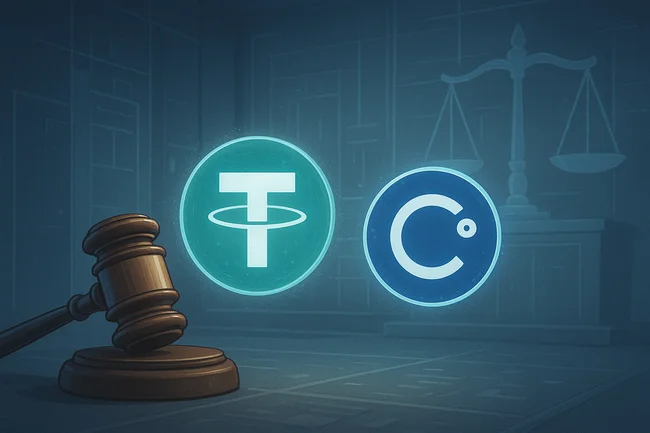Quantum-safe encryption refers to cryptographic techniques that are secure against the potential threats posed by quantum computers. Traditional encryption methods, such as RSA and ECC, rely on mathematical problems that would be easily solvable by quantum algorithms, specifically Shor’s algorithm. This capability could potentially compromise the security of transactions and data.To address this, quantum-safe encryption uses algorithms based on mathematical problems that are believed to be resistant to quantum attacks. These include lattice-based cryptography, hash-based cryptography, and multivariate polynomial cryptography. The aim is to ensure that sensitive information, transactions, and signatures remain secure even in a future where quantum computers are widely available.As quantum computing technology continues to advance, the importance of adopting quantum-safe methods becomes more pressing. By implementing these advanced encryption techniques, systems can better protect assets and user data from the risks associated with quantum computing advancements.

Tether Settles $299.5 Million Claim With Celsius Bankruptcy Estate
Tether has paid $299.5 million to the Celsius Network bankruptcy estate, resolving a legal dispute that stemmed from the cryptocurrency lender’s



